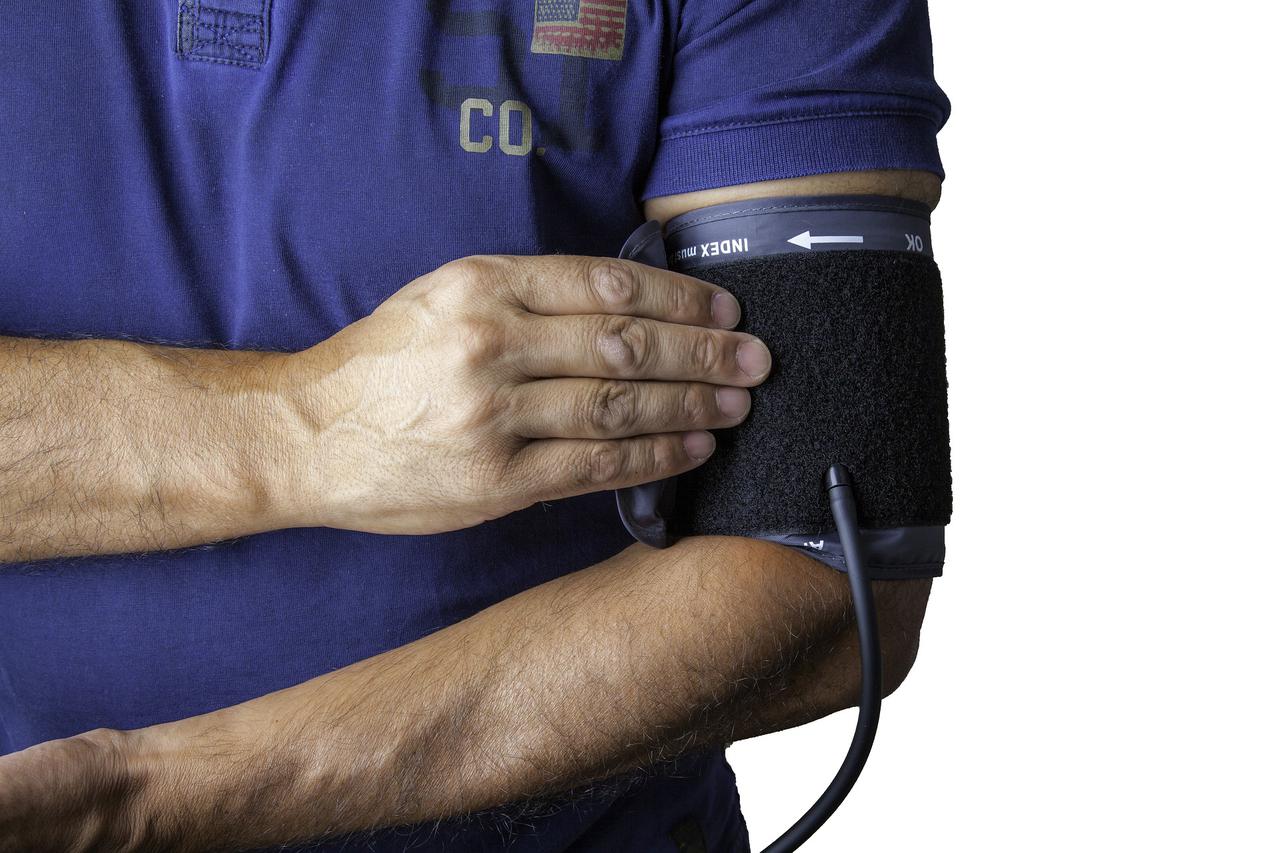Apparently this stuff works - Mike M.
You can feel the difference - Kevin K.
My BP was 157/101... now it is 129/87 - Latasha G.
Seems to work... lowered my numbers by 7% - Scott L.
It is a life saver - Golda C.
I feel better, I have more energy - Alex Y.
My BP went down 10 points in 2 weeks - Lucy W.
I have only been drinking it for 2 weeks and my BP numbers have gone down - Elizabeth S.
Apparently this stuff works - Mike M.
You can feel the difference - Kevin K.
My BP was 157/101... now it is 129/87 - Latasha G.
Seems to work... lowered my numbers by 7% - Scott L.
It is a life saver - Golda C.
I feel better, I have more energy - Alex Y.
My BP went down 10 points in 2 weeks - Lucy W.
I have only been drinking it for 2 weeks and my BP numbers have gone down - Elizabeth S.
Add description, images, menus and links to your mega menu
A column with no settings can be used as a spacer
Link to your collections, sales and even external links
Add up to five columns
Add description, images, menus and links to your mega menu
A column with no settings can be used as a spacer
Link to your collections, sales and even external links
Add up to five columns
How to Lower and Manage Blood Pressure
March 17, 2020 3 min read

A blood pressure reading of 130/80 or above is classified as hypertension. Lowering it is the best way to protect yourself from eye disease, stroke, and heart attack. You can take steps to lower and manage your blood pressure, such as the following:
1. Exercise Regularly
Exercising is one of the best ways to lower blood pressure. If you do about 30 minutes of exercise each day (~150 mins/week), your blood pressure will drop by 5 to 8 points.
Some people make the mistake of thinking that exercise is merely going to a gym. Washing your car, gardening, and walking are all forms of exercise. However, you should do more outdoorsy activities as well, such as swimming, walking, riding your bike, or jogging.
2. Watch Your Diet
Too much salt in your diet can raise your blood pressure. Experts recommend that you keep your daily salt intake to between 1,500-2300 milligrams per day. You should check food labels to find out how much salt the food product contains.
Processed foods (packaged food, canned food, deli meats, etc.) are the main source of the salt you consume. To reduce your salt intake, it’s better to cook your meals at home. Another way is to use spices instead of salt.
You can also reduce your salt intake by consuming more potassium, which helps push the sodium out of the bloodstream. (NOTE: We recommend that you talk with your doctor before trying potassium supplements.)
Your doctor may also recommend that you buy specialized good products designed for low blood pressure. One of the safest and most reliable food products out there is 120 Life.
3. Relax
Too much stress can increase your blood pressure. Activities such as tai chi and yoga can help bring the pressure down.
You can also listen to soothing music or play a musical instrument. Playing music has the same benefits as engaging in physical activities when it comes to post-workout relaxation.
You can also sit in the sun to stimulate calming chemicals in the body. Lastly, talking to friends and relatives can also help you relax.
4. Stop Smoking
Perhaps the best way to care for your heart is to stay away from cigarettes. Every cigarette you smoke increases your blood pressure and damages your health in the long term. Quitting smoking lowers your blood pressure and restores your overall health.
5. Take Your Medication as Prescribed
In most cases, changing your lifestyle is enough to lower your blood pressure. However, you may need medication. Take your medicine exactly as your physician prescribes and do not skip any day or reduce doses. You can use electronic reminders to track and manage your medication.
6. Reduce Caffeine Intake
Drinking several cups of coffee per day can elevate your blood pressure. If you love drinking caffeine-rich beverages, consider cutting down. It is okay to take caffeine-based drinks, but it’s critical that these beverages are not your primary drinks.
7. Manage Diabetes
Many diabetic people also suffer from high blood pressure. If you have been diagnosed with diabetes, your doctor may suggest that you also get tested for high blood pressure.
You should monitor your blood sugar levels and seek the appropriate treatment option.
Your health care professional may also recommend specific lifestyle adjustments to help bring your blood sugar levels under control. These steps can help lower your risk of hypertension.
Managing Blood Pressure
Managing your blood pressure is a positive action towards maintaining a healthy life. Because elevated blood pressure normally has no symptoms, you should regularly check your blood pressure. You can choose to buy a blood pressure monitor or visit a doctor or pharmacy (or any other place with a publicly available monitor) to have your blood pressure measured.
If you realize that you have hypertension, start taking steps to lower and manage your blood pressure.
Remember that a healthy lifestyle is the key to avoiding many heart diseases. Exercise regularly, take your medicine as prescribed, and eat healthfully.
Leave a comment
Comments will be approved before showing up.
Subscribe
Sign up to get the latest on sales, new releases and more …

